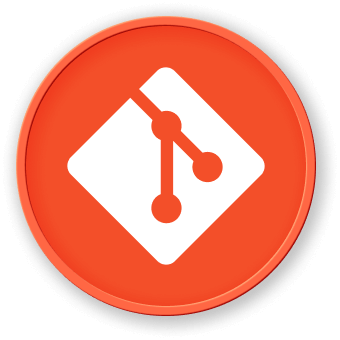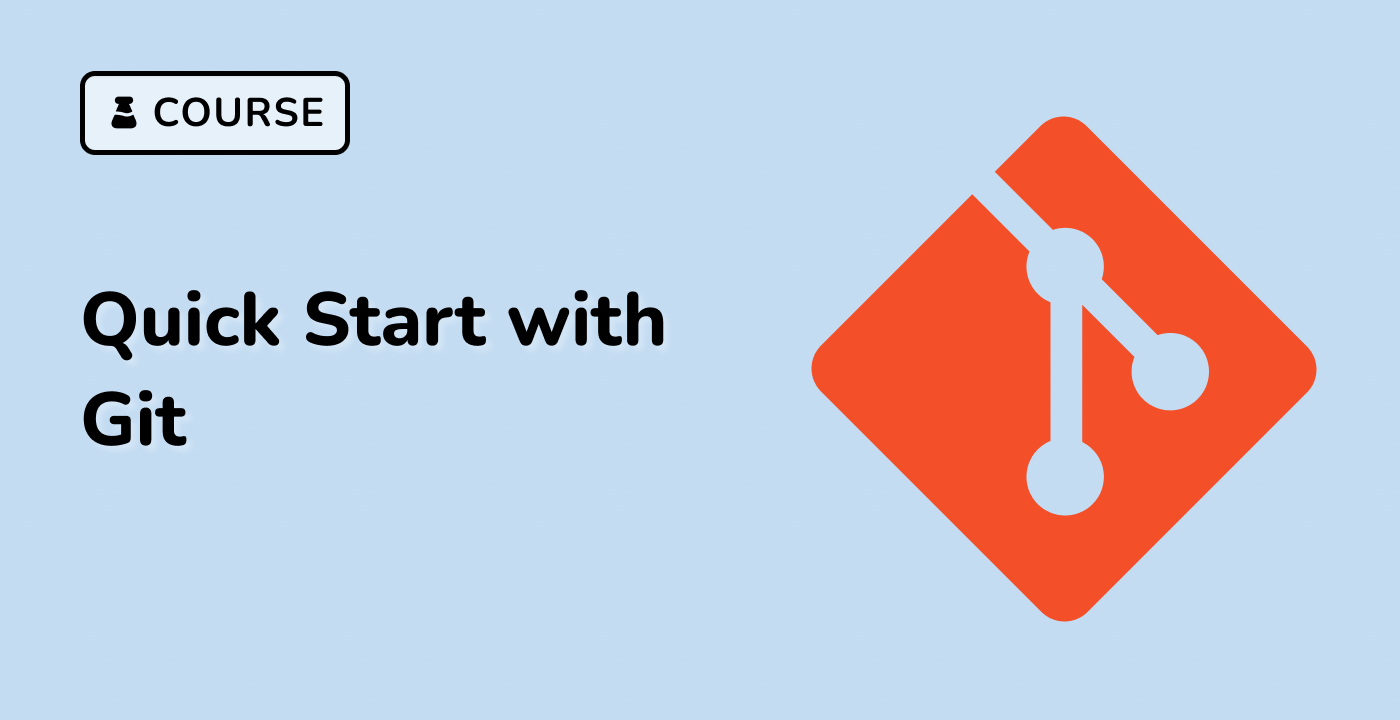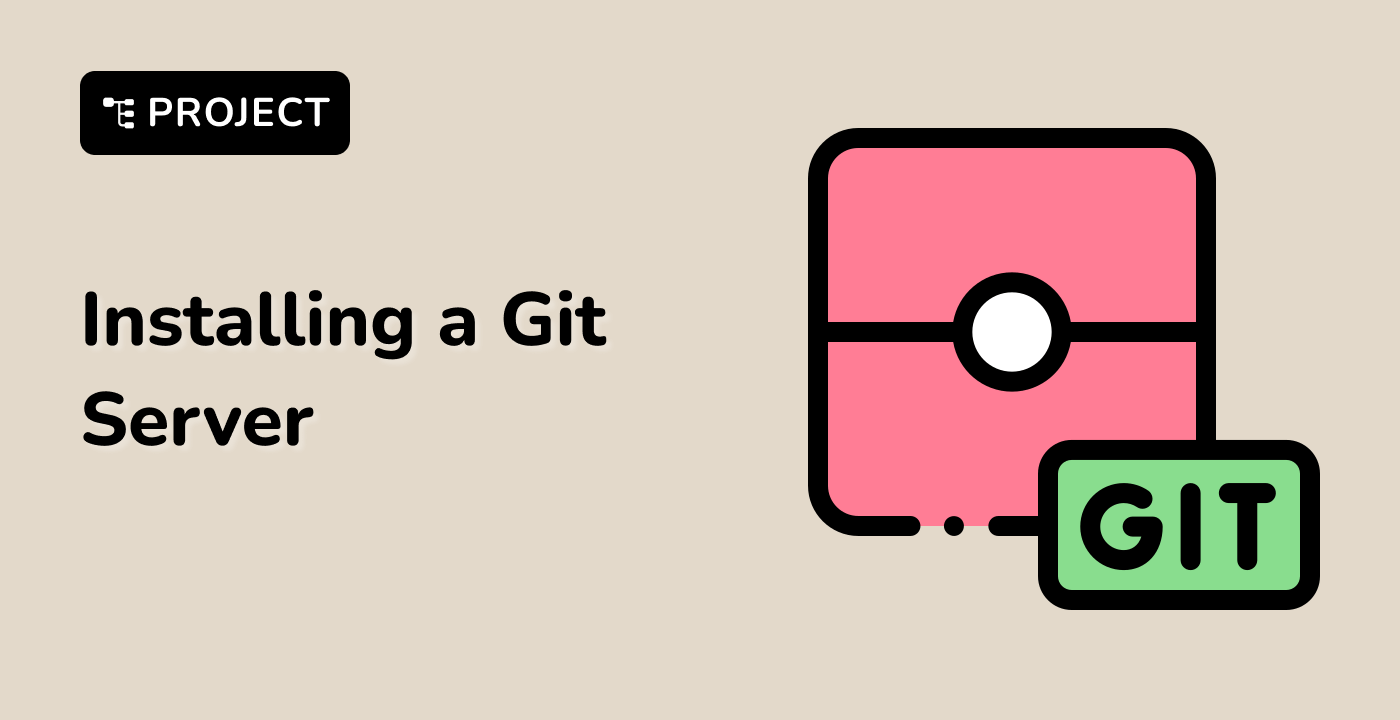Introduction to GitHub
What is GitHub?
GitHub is a powerful platform for version control and collaborative software development. As a web-based Git repository hosting service, it enables developers to store, manage, track, and control code changes efficiently. GitHub supports distributed version control and provides essential tools for code hosting, collaboration, and project management.
Core Concepts of GitHub
Version Control System
Version control allows developers to track and manage changes in source code over time. Git, the underlying technology of GitHub, enables multiple developers to work on the same project simultaneously without conflicts.
graph LR
A[Local Repository] --> B[Commit Changes]
B --> C[Push to Remote Repository]
C --> D[Collaborate with Team]
Key GitHub Features
| Feature |
Description |
| Repositories |
Storage spaces for project files and version history |
| Branches |
Parallel development environments |
| Pull Requests |
Mechanism for code review and merging changes |
| Issues |
Task tracking and project management tool |
Getting Started with GitHub on Ubuntu 22.04
Installation and Configuration
## Update system packages
sudo apt update
## Install Git
sudo apt install git
## Configure Git user name and email
git config --global user.name "Your Name"
git config --global user.email "[email protected]"
Creating a New Repository
## Create a new directory
mkdir my-project
cd my-project
## Initialize Git repository
git init
## Create a README file
echo "## My Project" > README.md
## Add files to staging area
git add .
## Commit changes
git commit -m "Initial commit"
Why Use GitHub?
GitHub provides developers with a robust platform for code hosting, collaboration, and version control. It supports software development workflows across various programming languages and project types, making it an essential tool for modern software engineering.




